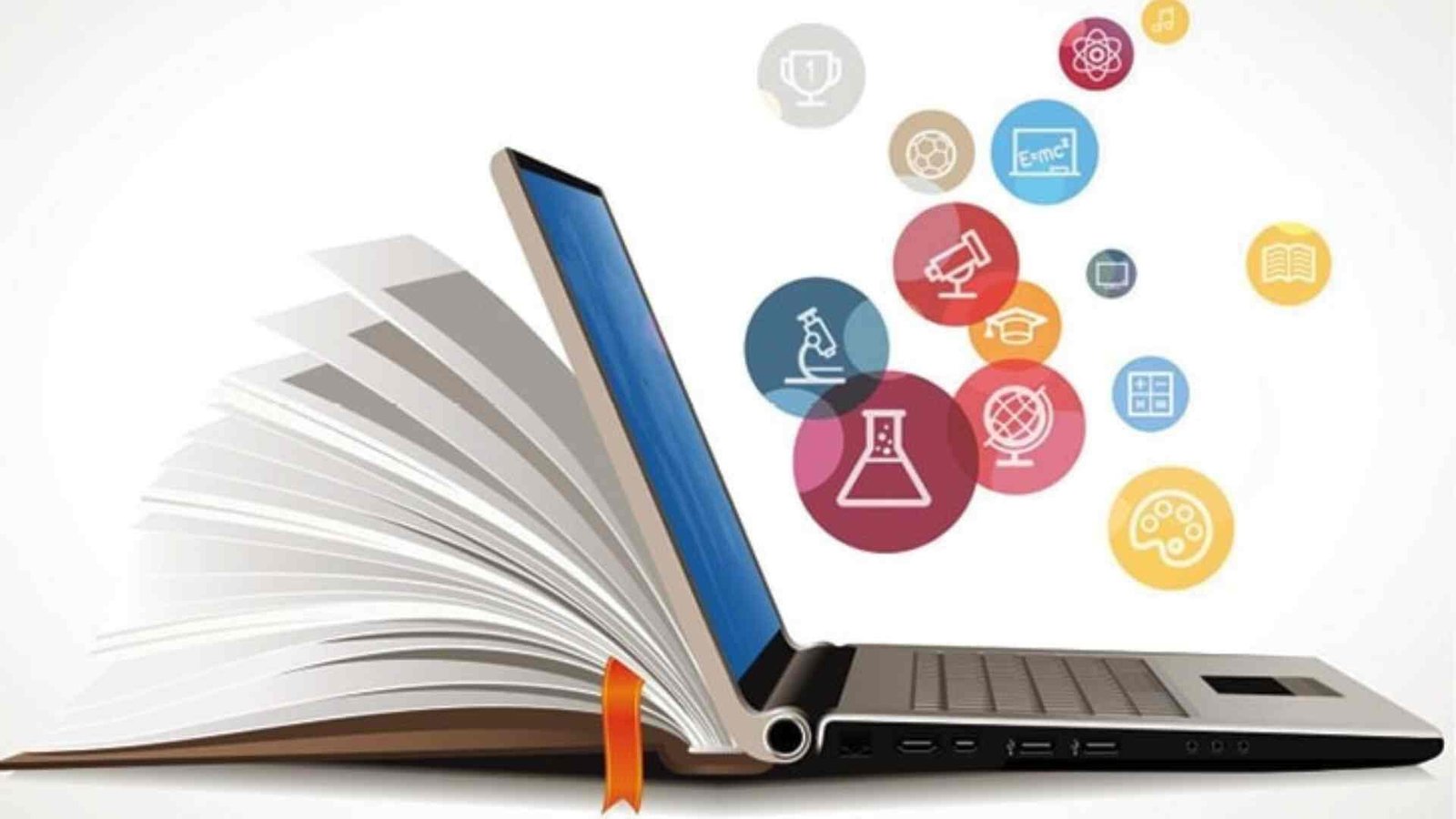What schools should teach is no longer a simple question of reading, writing, and arithmetic. In today’s world, information is everywhere, and knowledge is available with just a click. But learning cannot stop at gathering facts. Schools must now prepare students to think critically, make wise choices, and live with values that guide them through life.
Why the Change Is Needed
Earlier, classrooms often focused on memorizing lessons and passing exams. While this helped in the past, it does not fully prepare children for the challenges of today. The world is changing fast, with new tools, new jobs, and new ideas shaping society. Students must be ready not just to know, but to understand, analyze, and use knowledge in ways that bring real solutions. This is why schools must shift from teaching facts alone to shaping whole individuals.
Building Future Learning Skills
Children need to learn how to think, not just what to think. Critical thinking allows them to ask the right questions and look at problems from different sides. Problem-solving gives them the courage to face new situations. Alongside this, creativity helps them explore, imagine, and develop fresh ideas. By teaching these future learning skills, schools can prepare students for opportunities that may not even exist yet.
Nurturing Classroom Values
Education is about knowledge; and it is also about character. A student who knows how to calculate or write well, but lacks honesty or fairness, is incomplete. Schools must give space for teaching values such as kindness, respect, responsibility, and care for others. When children learn empathy, they build stronger communities and make fair decisions. These values guide them in every stage of life, from the classroom to the workplace.
The Role of Communication and Adaptability
Communication is a vital skill in every field. Students should be able to share ideas clearly in writing, speaking, and discussion. Along with this, they need digital fluency, which means knowing how to use technology wisely and responsibly. Another key lesson is adaptability. Life will always bring changes, and the ability to adjust without fear ensures that learning never stops. Schools that teach adaptability give students the strength to handle uncertain times.
Advantages of Teaching the Whole Child
This approach creates well-rounded individuals who are ready for the real world. Students become more engaged in learning because it feels alive and connected to their lives. They gain the confidence to solve problems, the creativity to build new things, and the values to live responsibly. Over time, this balance of knowledge and character benefits not just students, but the communities they serve.
Challenges Schools May Face
Of course, change is never simple. Some schools may not have enough resources to update teaching methods. Others may lack trained teachers who feel confident in guiding students beyond textbooks. Assessing creativity, teamwork, or values is also harder than grading a test. Without careful planning, these lessons may remain surface-level, without truly shaping the students. Schools must take care to build strong systems and fair ways of measuring progress.
Managing the Transition
For this vision to succeed, schools need steady support. Teachers should receive training that helps them feel ready to guide students in new ways. Curricula must be redesigned so that balance of knowledge, values and skills are part of every subject, not separate units. Parents and communities should also be involved, as learning values and ethical choices works best when reinforced at home and outside the classroom. By making these changes step by step, schools can manage the shift effectively.
A Vision for Tomorrow
The future of education lies not in filling students with information, but in shaping them to live meaningful, responsible lives. What schools should teach today is a balance of knowledge, skills, and values. This prepares students not just to pass exams, but to face life with confidence, wisdom, and compassion. If schools embrace this change with care, they will give every child the chance to grow into a person who can think, act, and contribute to a better tomorrow.




